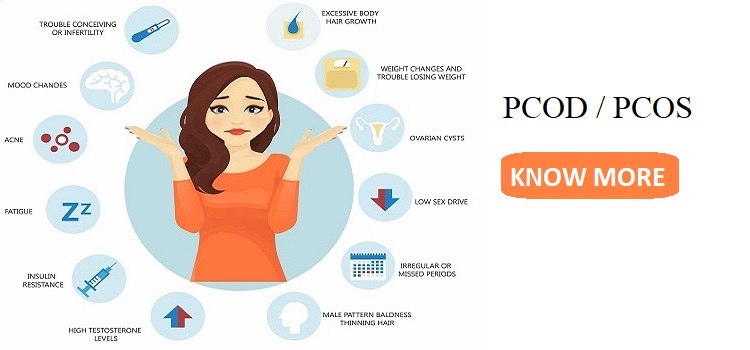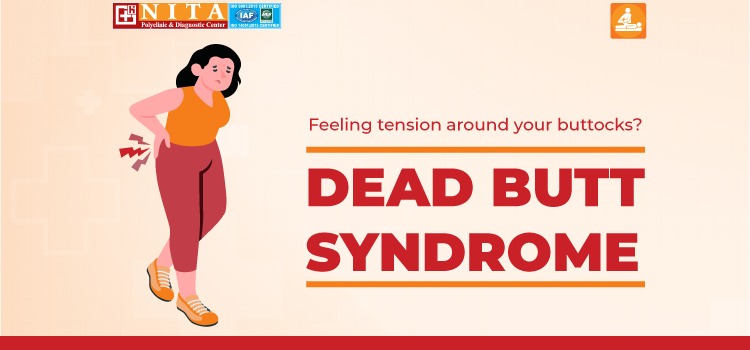Polycystic Ovarian Disorder / Syndrome (PCOD / PCOS)
- 2022-03-12
Polycystic
Ovarian Disorder / Syndrome (PCOD / PCOS) is considered the most common
endocrine disorder in the world in women of reproduction age. Formerly
it was called Stein-Leventhal syndrome.
Who are at risk?
It occurs in teenagers and women of
childbearing age.
What causes PCOS?
PCOS is a multifactorial and polygenic
condition characterized by excessive androgen production by the ovaries mainly.
Common Symptoms:
Irregular, infrequent, heavy or no periods at all
Difficulty getting pregnant (because of
irregular ovulation or failure to ovulate)
Thinning hair and hair loss from the head
(Alopecia)
Excess hair growth on face, chest,
buttocks or back (Hirsutism)
Oily skin or acne on face and body
Development of darkened skin patches
(Acanthosis Nigricans)
Weight gain
Depression
Anxiety
Mood Changes
Sleep disorder
Erectile dysfunction in men
Low Sex drive
PCOS can lead to:
Short term consequences
- Obesity
- Infertility
- Depression
- Sleep apnea
- Irregular menses
- Abnormal lipid levels
- Non-alcoholic fatty liver disease
- Hirsutism/acne/androgenic alopecia
- Insulin resistance/acanthosis nigricans
Long term consequences
- Diabetes mellitus
- Endometrial cancer
- Cardiovascular disease
How to diagnose?
PCOS is diagnosed on the basis of a
combination of clinical or biochemical evidence of hyperandrogenism,
amenorrhoea or oligomenorrhoea, and the ultrasound appearance of polycystic
ovaries.
- Ultrasonography: Ovaries are enlarged in volume (≥10 ml). Increased number (≥12) of peripherally arranged cysts (2–9 mm) is seen.
- Thyroid Function Test (FT3, FT4 &
TSH)
- Serum Prolactin level
- Serum testosterone levels
- Serum DHEAS levels
- FSH,
LH, and estradiol levels (LH levels classically measure at least two-fold
higher than FSH)
- Anti-Mullerian hormone (AMH) (two- to
three old higher in women with PCOS)
- 24-hour urine collection or urinary free
cortisol
- Evaluation of insulin resistance by 2-hour
glucose tolerance test (2-hr GTT)
- An endometrial biopsy is recommended or
abnormal bleeding in any woman older than 45 years and in those younger than
this with a history of unopposed estrogen exposure
When to visit your doctor about PCOS?
You have never been diagnosed, but you are concerned with your current symptoms
You have irregular periods or do not get periods on your own
You are obese and/or have weight gain that is difficult to manage
You have a PCOS diagnosis and are having trouble managing your condition
by
Dr. Ashmita Shrestha, Consultant Pathologist
Sources:
William’s
Gynecology -3rd Edition



























Leave Comment